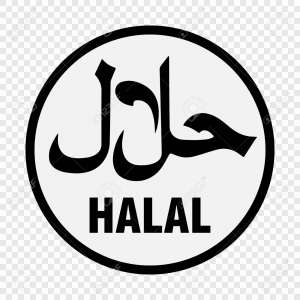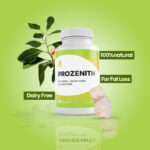Halal certification is a process that confirms food and other products meet Islamic dietary laws. The word “halal” means “permissible” in Arabic. Muslims only eat food that is halal, so a proper certification helps them know what is safe to consume. In the UK, this certification has become very important due to the growing Muslim population and increasing demand for halal products. Halal certification UK is not limited to meat; it also applies to cosmetics, medicines, and processed food. This guide will help you understand how the process works and why it matters in the UK today.
Why Halal Certification Matters in the UK
With millions of Muslims living in the UK, the demand for halal-certified products has increased. Many people want to be confident that the food they eat or the products they use meet Islamic standards. Halal certification gives that peace of mind. It also helps businesses serve a wider group of customers. Restaurants, food manufacturers, and even airlines in the UK often get halal certification to meet customer needs. In addition, some export companies seek halal approval to access Muslim-majority markets abroad. Therefore, halal certification benefits both consumers and businesses alike.
Who Provides Halal Certification?
In the UK, there are several halal certification bodies. These organisations inspect and approve products or services based on Islamic laws. Each body may follow slightly different methods, but the core requirements remain the same. Common names in this space include national and regional halal authorities. These organisations check the entire process—from how animals are raised and slaughtered to how products are stored and handled. Businesses apply to these bodies for certification, and if all standards are met, they receive a halal certificate that is valid for a certain period.
What Is Checked During Certification?
The halal certification process involves detailed checks. For meat, the animal must be healthy, slaughtered by a Muslim, and processed according to Islamic rules. Stunning is allowed in some cases, but it must not kill the animal before the main process. For processed foods, inspectors ensure that all ingredients are halal. This includes flavourings, enzymes, and additives. Non-food items like cosmetics are also checked for animal-derived substances or alcohol. Cleanliness, hygiene, and storage methods are also reviewed. The entire supply chain is examined to ensure nothing haram (forbidden) is included at any stage.
Common Products That Need Halal Approval
Many products may need halal certification in the UK. These include fresh meat, ready meals, dairy products, sweets, sauces, and snacks. Even soft drinks and chewing gum are often checked for alcohol or gelatin. Outside of food, cosmetics and personal care products are also becoming part of the halal market. Shampoos, lotions, and makeup may contain ingredients that are not permissible in Islam. Medicines, too, are sometimes certified, especially when they contain gel capsules or other animal-based ingredients. Therefore, halal certification has grown to cover a wide range of products in the UK.
Is Halal Certification Regulated in the UK?
Unlike some other countries, the UK does not have one official government body that regulates halal certification. This means that private organisations manage it instead. While these groups are not run by the government, they are usually well-known in the Muslim community and follow set standards. Some international Islamic authorities also recognise UK-based certification bodies. However, the lack of one uniform authority means that standards can vary slightly. It is always a good idea for businesses to work with well-respected organisations to ensure their certification is trusted by customers.
Benefits for Businesses in the UK
Halal certification helps businesses in many ways. First, it opens up access to a larger market. Muslim consumers are more likely to buy products with a trusted halal logo. Second, certified businesses can export goods to countries where halal laws are very strict. Third, it builds trust and reputation. When customers know a business respects their values, they are more likely to return. Lastly, it can also bring in non-Muslim customers who view halal as a sign of cleanliness, quality, and ethical sourcing. So, halal certification is not just a religious label—it’s a smart business move.
Challenges of Halal Certification
While there are many benefits, halal certification also comes with challenges. One is the cost. The process involves inspections, audits, and sometimes changes in suppliers. This can be expensive, especially for small businesses. Another issue is consumer confusion. With many certification logos on the market, people may not always know which ones are reliable. Some may also question the methods used, such as whether animals are stunned. To address these challenges, businesses must be transparent and work with credible certification bodies to maintain trust and clarity.
Final Thoughts
Halal certification is more than a label—it is a sign of trust, care, and respect for Islamic values. In the UK, it plays a key role in making sure products are suitable for Muslim consumers. Whether you’re a business owner looking to expand or a consumer who wants to make



